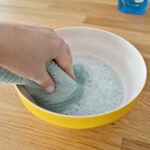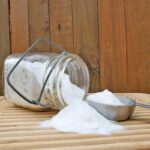Using Coca-Cola to Remove Rust Stains
Rust stains occur due to the oxidation of metals. Coca-Cola contains phosphoric acid, which can effectively remove rust stains from iron, steel, and other surfaces. Simply pour Coca-Cola over the rust stain and place it in a basin to soak. Then, use sandpaper to scrub the stain and rinse the knife clean. For stubborn or long-standing rust stains, allow the knife to soak for a more extended period. This method is most effective when using a freshly opened can of Coca-Cola, as the beverage loses its potency over time.
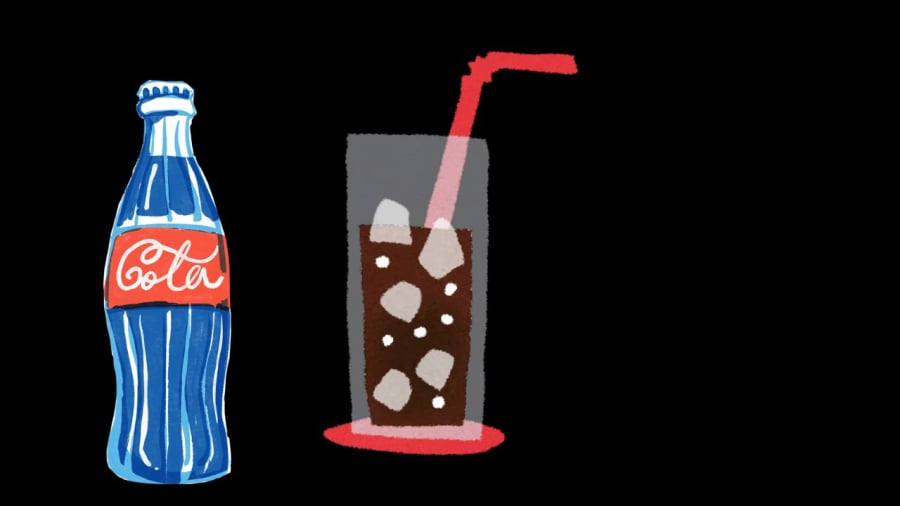
Coca-Cola or Similar Drinks for Rust Removal
Using White Vinegar
White vinegar contains acetic acid (4-7%), which is even more effective at removing rust stains. It is readily available in supermarkets, stores, and grocery shops. Simply apply vinegar directly to the stain or soak the knife in a vinegar solution. For best results, use a 1:5 vinegar-to-water ratio and soak for several hours. Afterward, scrub the knife with steel wool until the stain is removed.
Using Fresh Lemon and Salt
While leaving a knife unwashed after use can cause rusting, a combination of lemon and salt can effectively remove rust stains. Sprinkle salt over the rust stain and then wipe it with a cloth dipped in lemon juice. Alternatively, you can rub the knife directly with a halved lemon. However, do not leave the knife soaked in lemon and salt for an extended period.
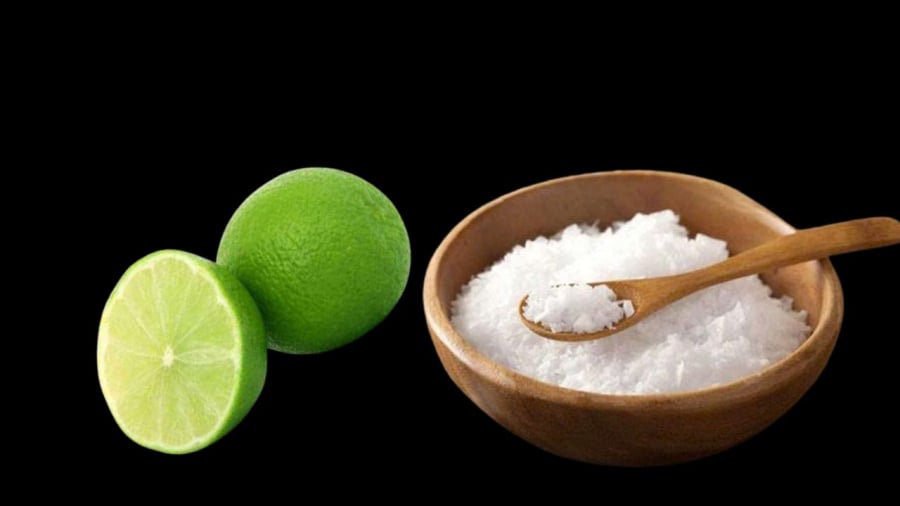
Lemon and Salt Mixture for Rust Removal
Using Baking Soda
Baking soda, also known as sodium bicarbonate, is an excellent cleaning agent. Create a thick paste by mixing baking soda with water, and apply it to the rust stains on the knife. Let it sit for 10-15 minutes, and then scrub the knife with a brush or steel wool until the stain is removed. Baking soda is not only a safe ingredient for baking but also has numerous household applications.
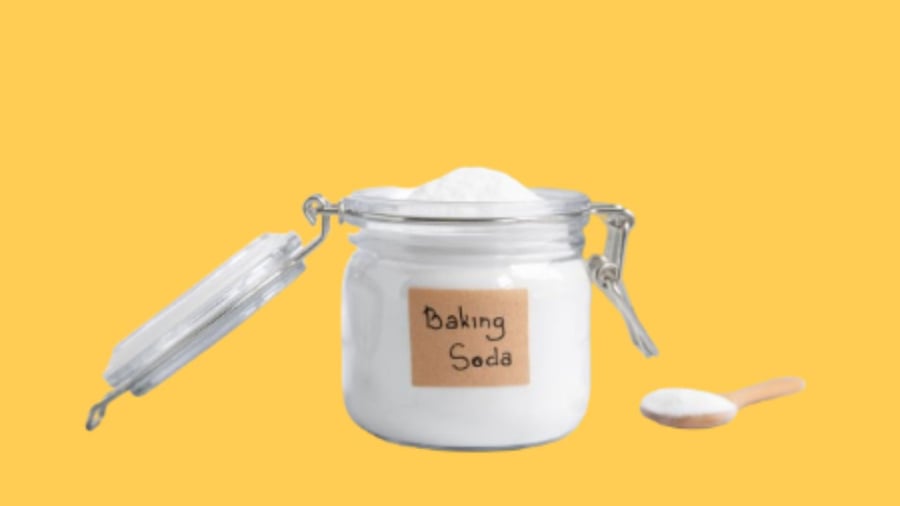
Baking Soda Also Works Wonders for Rust Removal
Tips to Prevent Rust on Knives
Knife rust is often a result of improper use and care. After cutting food, it is essential to wash the knife immediately to prevent food residue from sticking to the blade. Hang the knife on a rack to dry quickly, and avoid placing it in a wet plastic tube, as the moisture can accelerate rusting. Additionally, refrain from soaking the knife in water for extended periods.
Always wash the knife after use, as food residue, especially acidic substances like lemon juice, fruit, or vegetables, can accelerate oxidation and rusting. Regularly sharpen your knives, as this will not only keep them sharp but also help remove any rust that may have formed. Do not store knives together with wet spoons, forks, or chopsticks. Instead, designate a separate, dry area for storing knives.

























